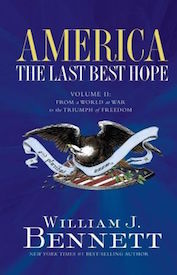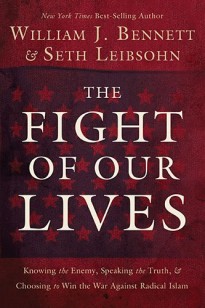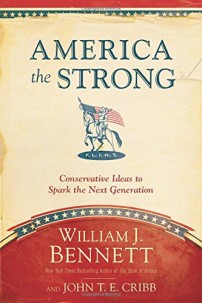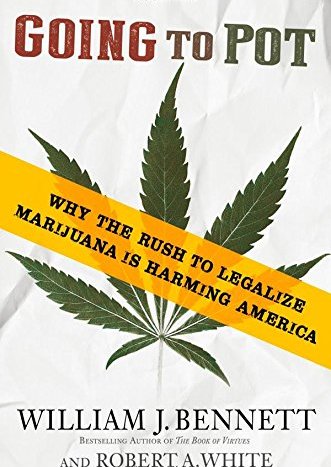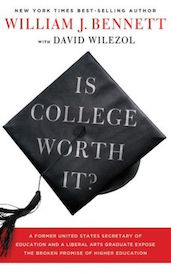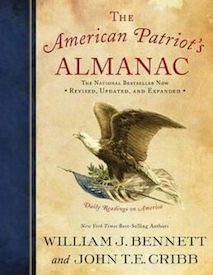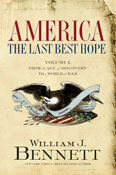America: The Last Best Hope, Volume 2
In “America: The Last Best Hope, Volume II,” renowned historian and educator William J. Bennett continues his acclaimed history of the United States — and confronts head-on the America-hating historians whose works liberals have imported into our schools and universities by the truckload. Covering the period from World War I to the Reagan Era, this new book is a lively and unapologetically patriotic account of the tumultuous decades that saw America become a world power, face down Nazi and Communist tyranny, and stand today against the global Islamic jihad as the world’s last, best hope to defend freedom.
In this large and sweeping volume Bennett, Ronald Reagan’s Secretary of Education and compiler of The Book of Virtues, draws upon a breathtaking array of sources in order to bring you inside the momentous history of the twentieth and early twenty-first century. He recounts numerous insider details that cast familiar historical events in a new light, from former President Theodore Roosevelt’s World War I meeting with President Woodrow Wilson in which he pleaded to be given the authority to lead a regiment in France to Ronald Reagan’s confiding to his son Michael what he regretted most about losing the 1976 Republican Presidential nomination to Gerald Ford – and many more.
From World War I through the Prohibition era, the Great Depression and the New Deal, to World War II, Korea, Vietnam, and the Cold War, Bennett retains an eye for the telling detail and the larger significance of particular events. Scores of larger-than-life figures stride memorably through Bennett’s account – from Theodore Roosevelt and Wilson to Marcus Garvey, Henry Ford, Huey Long, Winston Churchill, Douglas MacArthur, Nikita Khrushchev, Martin Luther King, and many, many others.
Unlike the Leftist historians who speak and write as if American history was little more than a litany of injustice, racism, imperialism, and oppression, Bennett writes this book with careful attention to historical accuracy, a keen and insightful conservative perspective, and, above all, with forthright and unashamed patriotism. As people around the world today look to America as their best earthly hope, here is a welcome and comprehensive antidote to the Hate-America-First indoctrination that passes for education in all too many of our schools.
This American history book is different – it’s accurate, patriotic, and conservative:
- How Woodrow Wilson’s inflexibility and disdain for others’ judgment gained him the hostility of his British and French allies
- Why the men who opposed America’s entry into the League of Nations were not the blinkered reactionaries of myth – and how close the U.S. came, at Woodrow Wilson’s insistence, to giving to an international body the authority to get America into a war
- After World War I: why no man was more responsible for losing the peace than Woodrow Wilson – and how his intransigence led directly to World War II
- How Herbert Hoover moved decisively against racial segregation decades before the civil rights movement even began
- Prohibition: why the national ban on alcohol was strongly supported in many Southern and Western states – where the Democratic Party had been strong since Andrew Jackson’s time
- Unwise decisions Herbert Hoover made — showing a fundamental lack of confidence in representative government – that deepened and prolonged the Great Depression
- Why fellow Democratic leader Al Smith saw in Franklin Roosevelt’s populism a demagogic appeal, a declaration of class warfare
- The origins of many of today’s political alignments: how Hollywood, academia, the press, libraries, and public universities are inhabited by tens of thousands of people who can trace the existence of their jobs or their institutions to a federal program begun under FDR
- Why the charge that Roosevelt knew the Pearl Harbor attack was coming and kept silent in order to involve us in the war does not withstand careful analysis
- How Charles A. Lindbergh urged Roosevelt to negotiate with Hitler – and why FDR’s adamant refusal had important implications for race relations in America
- Franklin Roosevelt’s slight appreciation of the radical threat posed by aggressive, subversive Communism – and its disastrous results at the post-World War II Yalta summit
- How, against conservatives’ advice, Harry Truman ordered U.S. troops to withdraw from advanced positions they had seized in the closing days of World War II – and would come to regret it
- The British statesman who told Harry Truman: “You, more than any other man, have saved Western Civilization”
- Senator Joe McCarthy: how his constant badgering of witnesses, his unstable personal conduct, and his general recklessness led to his undoing
- Why John F. Kennedy considered the struggle against Communism and the civil rights movement to be two sides of the same coin
- How, during the Watergate Affair, Richard Nixon became a mirror image of the man who made his national reputation: Alger Hiss
- How Americans at first rallied behind Jimmy Carter during the Iranian hostage crisis – until it became clear that he had no command of the situation, and that it was emboldening the Soviets
- Ronald Reagan: how he perceived that the Soviet Union was in imminent danger of collapse long before anyone else did
- How, although Reagan’s speech at the Berlin Wall stands today as one of the great speeches in American history, at the time the liberal media paid little attention
Tags: America: The Last Best Hope (Volume 2), William Bennett
- The Author
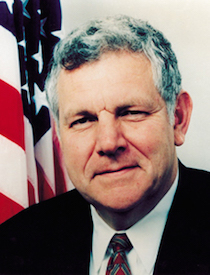
William J. Bennett
** Exclusive CBC Author Interview with Bill Bennett ** William J. Bennett is an American politician, commentator, and political theorist. A […] More about William J. Bennett.
- Books by the Author
- Related Articles
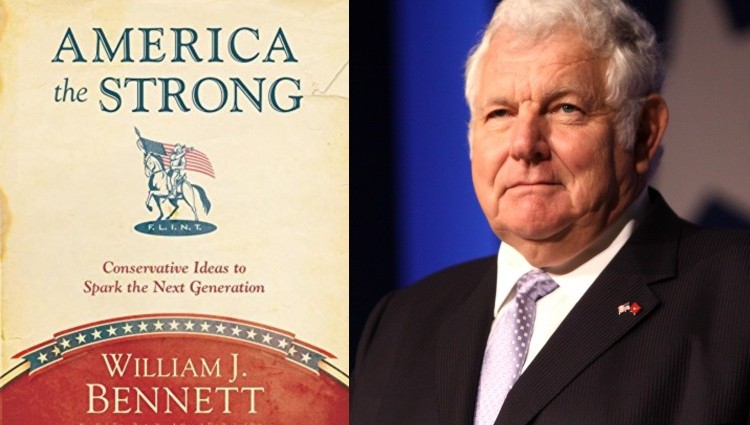
CBC Asks Bill Bennett — How Do We Make America Strong Again?
How can Americans -- especially our youth -- make this country strong again? CBC has an exclusive podcast interview with[...]
Ratings Details




